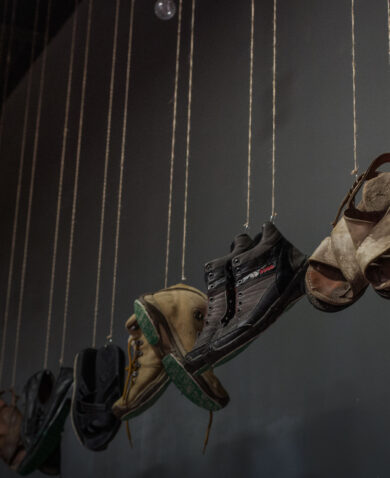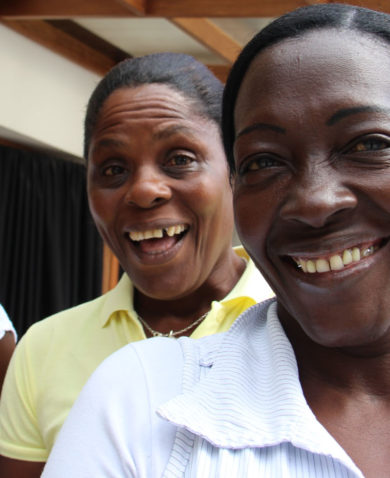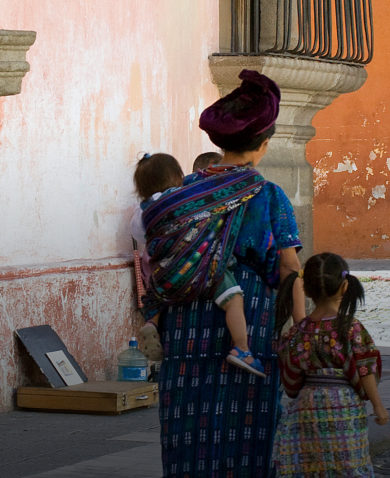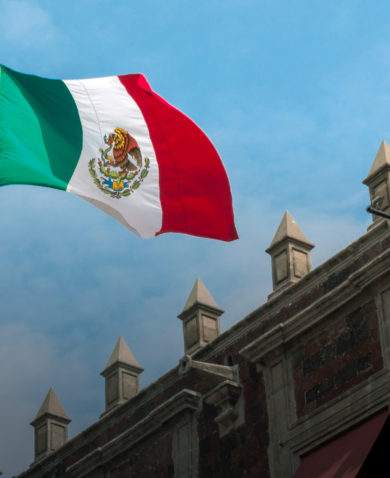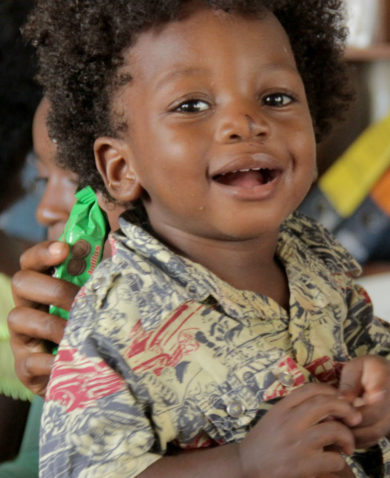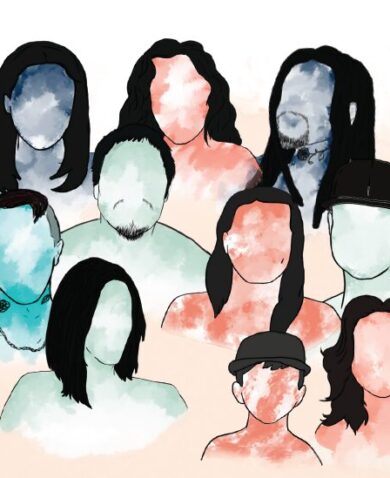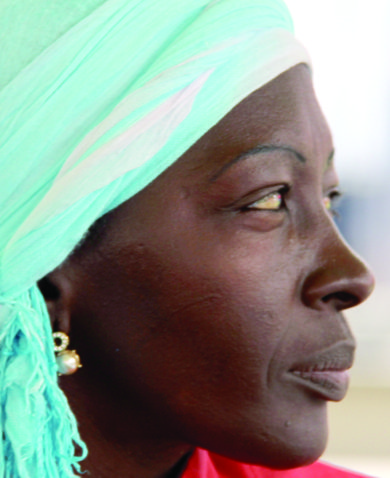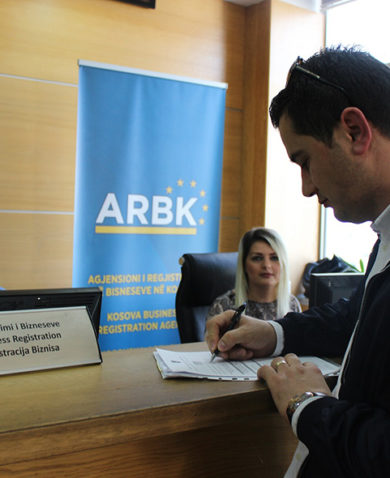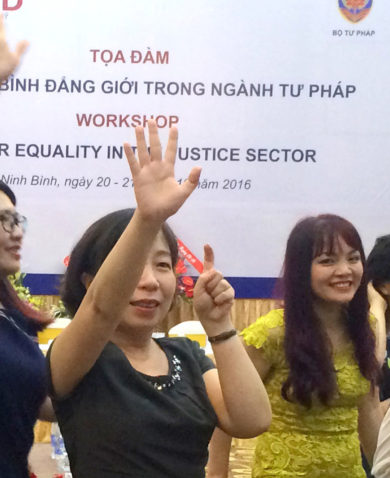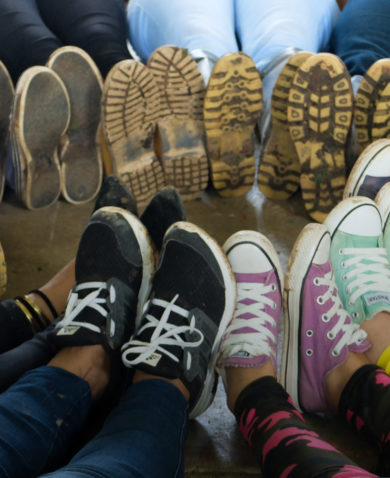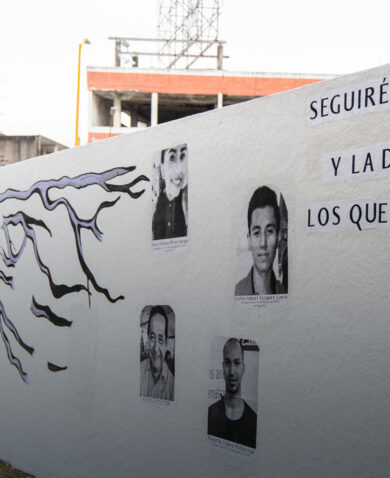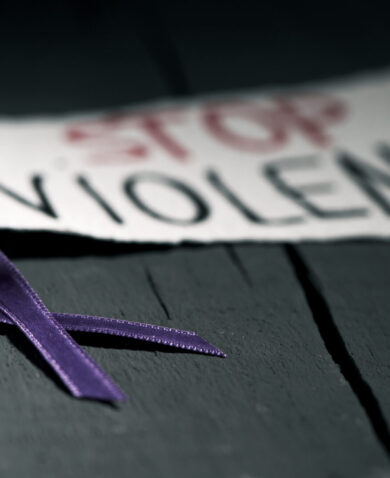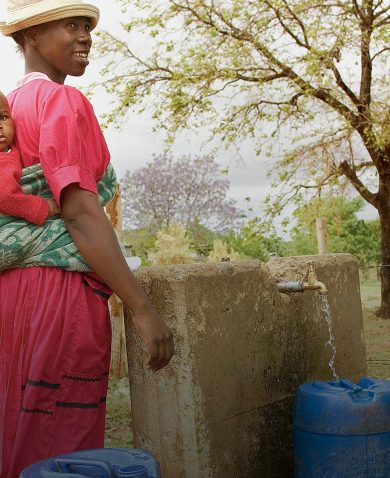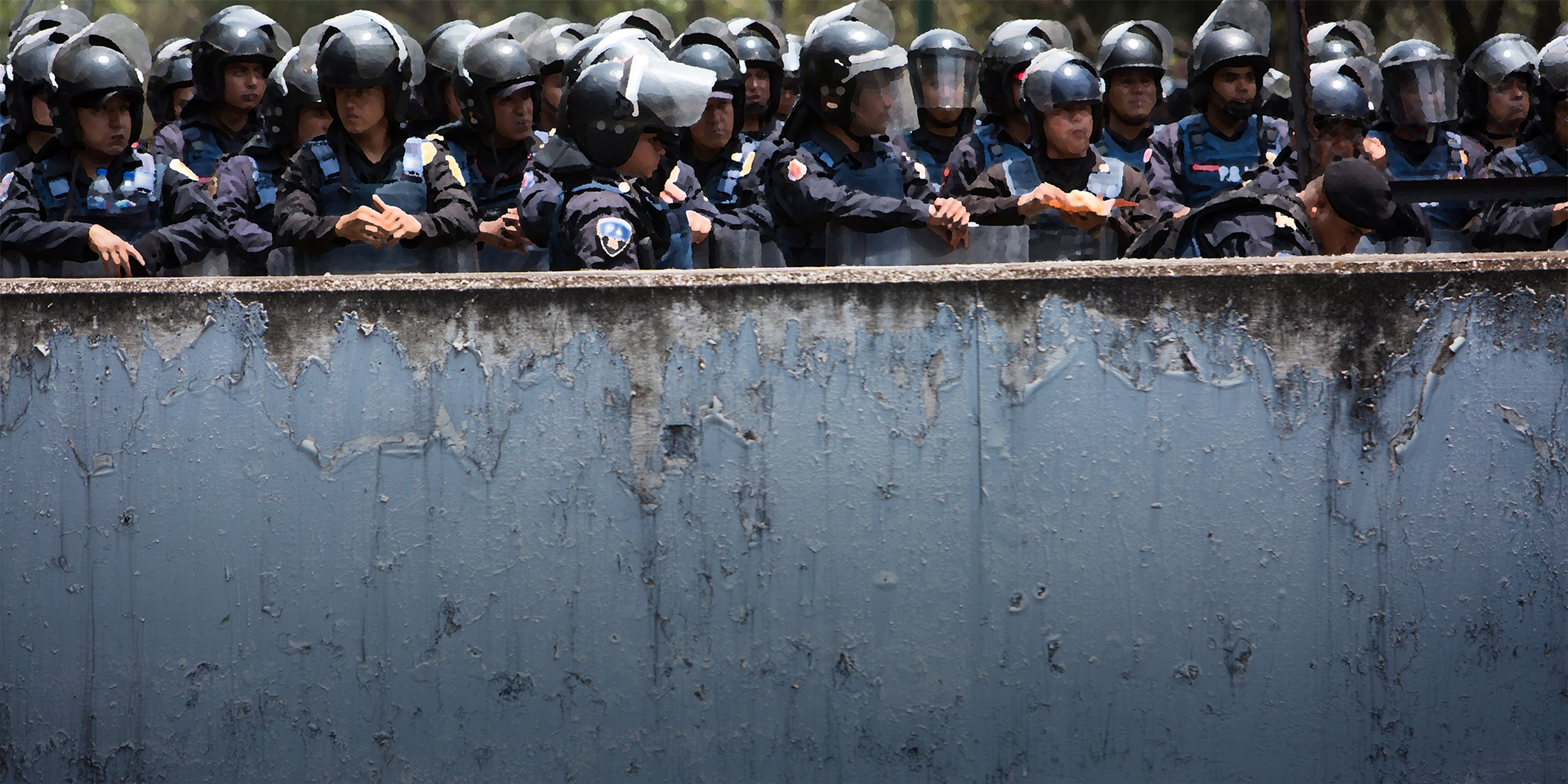
Close to Home: Everyday Human Rights in Latin America
December 7, 2017 | 3 Minute ReadWhat does it mean to focus on human rights in everyday life? Alex Honjiyo explores efforts to protect and promote the rights of citizens in Latin America.
On December 10, 1948, the General Assembly of the United Nations adopted a bold manifesto: The Universal Declaration of Human Rights. This document enshrined a series of principles that would be the birthright of every human on Earth and would change the way our global society thinks about human interaction. In the years since the adoption of the Universal Declaration of Human Rights, these principles have been expressed throughout the world, in more than 500 languages, in laws, treaties, and international custom. Yet, it can still be difficult to think of human rights as anything more than a theoretical discussion, particularly when those same laws and treaties can be so challenging to implement and enforce. How often do we think of human rights as more than just ideas, but rather guiding values that we interact with on an everyday basis?
Human Rights in Practice
In Latin America and the Caribbean, two USAID-funded projects demonstrate this focus on “everyday human rights:” the EnfoqueDH Human Rights Public Policy project in Mexico and the Human Rights Activity in Colombia.
In the 10 years since Mexican President Felipe Calderón declared a war on the country’s drug cartels, more than 27,000 people have been disappeared in Mexico. In many northern states, such as Chihuahua, the violence of the drug war clearly impacts everyday life — morning commutes, trips to the market, attending school, even enjoying live music — and disproportionally impacts women. Within this context, a central component of the EnfoqueDH Human Rights Public Policy (EnfoqueDH) project in Mexico is to assist governments and civil society in providing justice for the families of those who have been disappeared, while going about their daily lives. This work consists of technical assistance to state governments in Mexico seeking to develop its capacity for criminal investigation in cases of forced disappearances and search for disappeared persons, as well as providing essential grant funding for civil society groups advocating for the families of the disappeared. For example, in Chihuahua state, EnfoqueDH supports the Argentine Forensic Anthropology Team, a nonprofit that leverages forensic sciences to the investigation of human rights violations to provide families and advocates with an understanding of the circumstances around the disappearance of their loved ones.
In Colombia, the Human Rights Activity (HRA) continues more than 15 years of USAID efforts to build a culture of human rights in a country divided by half a century of conflict and violence. In 2017, with the start of the implementation of the peace accords between the Government of Colombia and the largest guerrilla group, the Revolutionary Armed Forces of Colombia (FARC), there is an even greater need to strengthen fragile peace by ensuring that human rights for all Colombians are protected and defended. One way in which the HRA helps foster this culture of human rights in everyday life is through their work with the National Police, providing officers with the understanding and skills to address human rights issues impacting vulnerable populations. In both urban and rural communities, indigenous, afro-Colombian, and LGBTI persons face considerable discrimination and sometimes even violence in the workplace, at school, and in public spaces. Law enforcement must understand the critical needs of these vulnerable populations and the challenges they face in order to better serve them. These populations are experiencing an increasing number of human rights violations, especially in post-conflict zones, due to the growing presence of organized armed groups filling power vacuums left by the FARC. Because of HRA leadership, these sensitivity programs have been officially introduced as part of mandatory police officer training throughout Colombia.
Human Rights, “Close to Home”
For each of these programs, protecting and promoting human rights also helps to ensure that marginalized and vulnerable populations have access to a fair justice system so that they can live their lives without fear of violence or discrimination. On December 7, 2017, Chemonics will celebrate the 69 years of the Universal Declaration of Human Rights with a panel discussion of how donors and project implementers can support more practical, adaptive, and effective interventions to better protect human rights in the places where people live, work, and study.
Eleanor Roosevelt, a driving force behind the adoption of the Universal Declaration of Human Rights, spoke about how human rights begin “in small places, close to home … [and] unless these rights have meaning there, they have little meaning anywhere.” This Human Rights Day, think not of human rights in the bold print of a declaration, but rather in the small places close to home.







